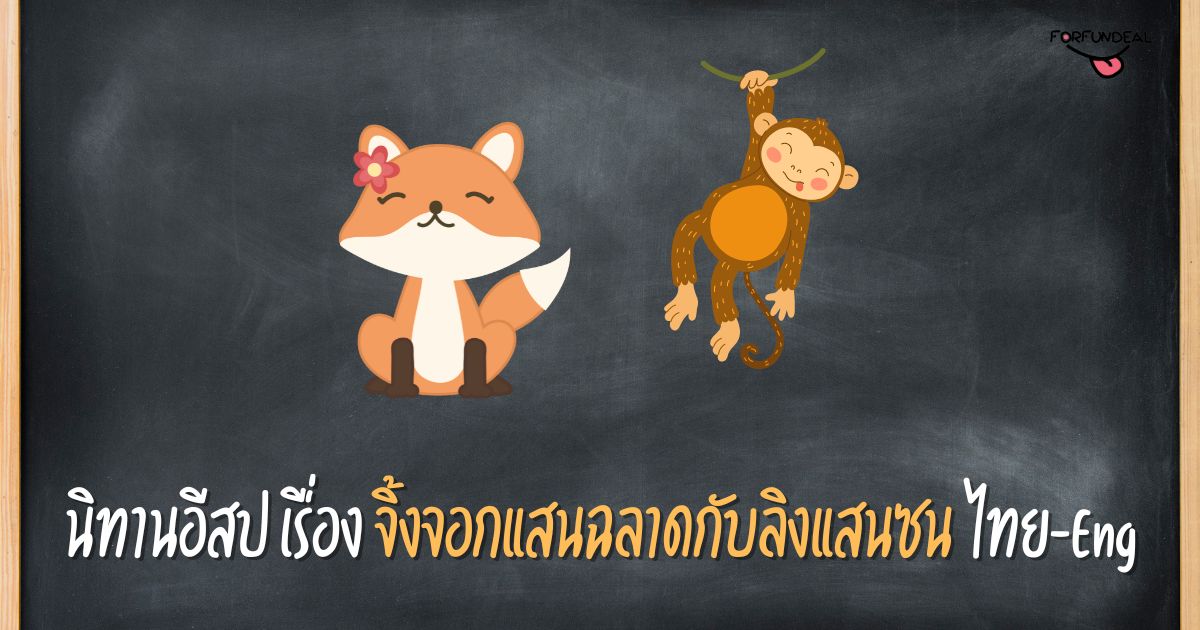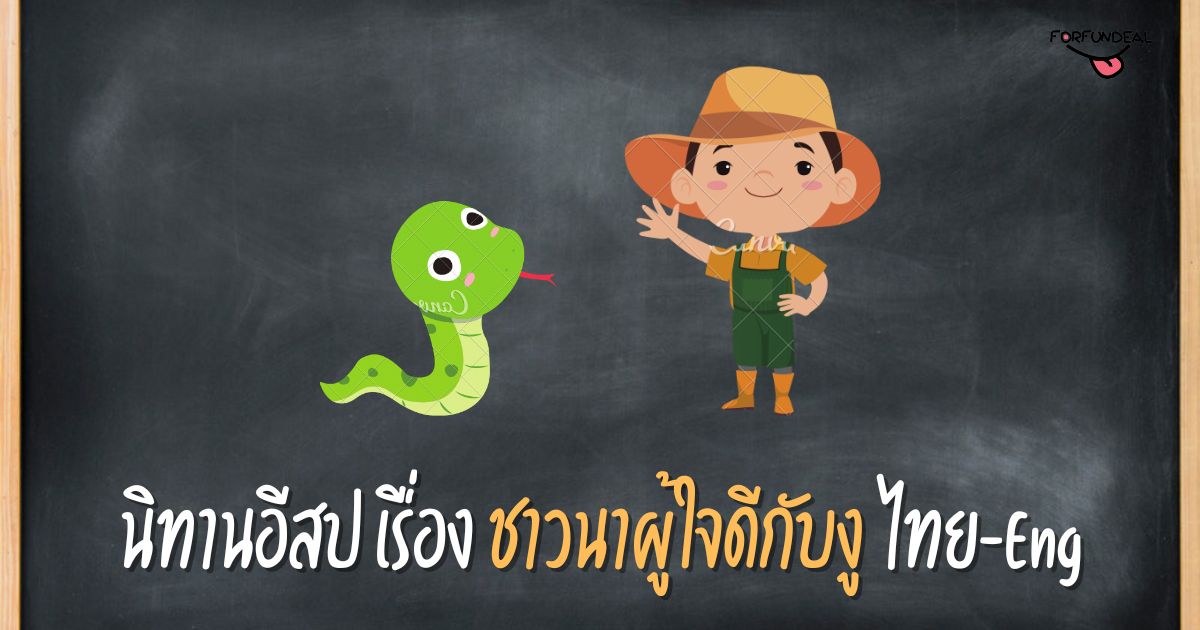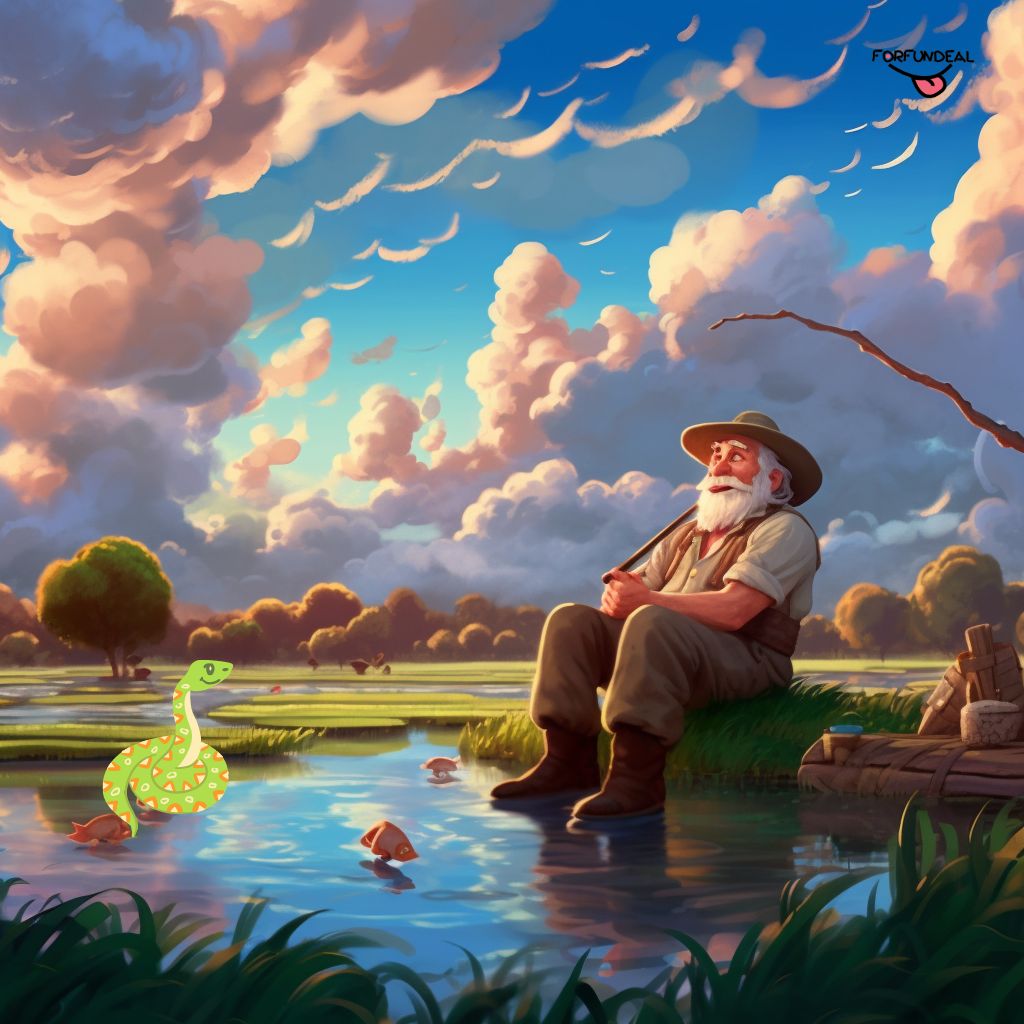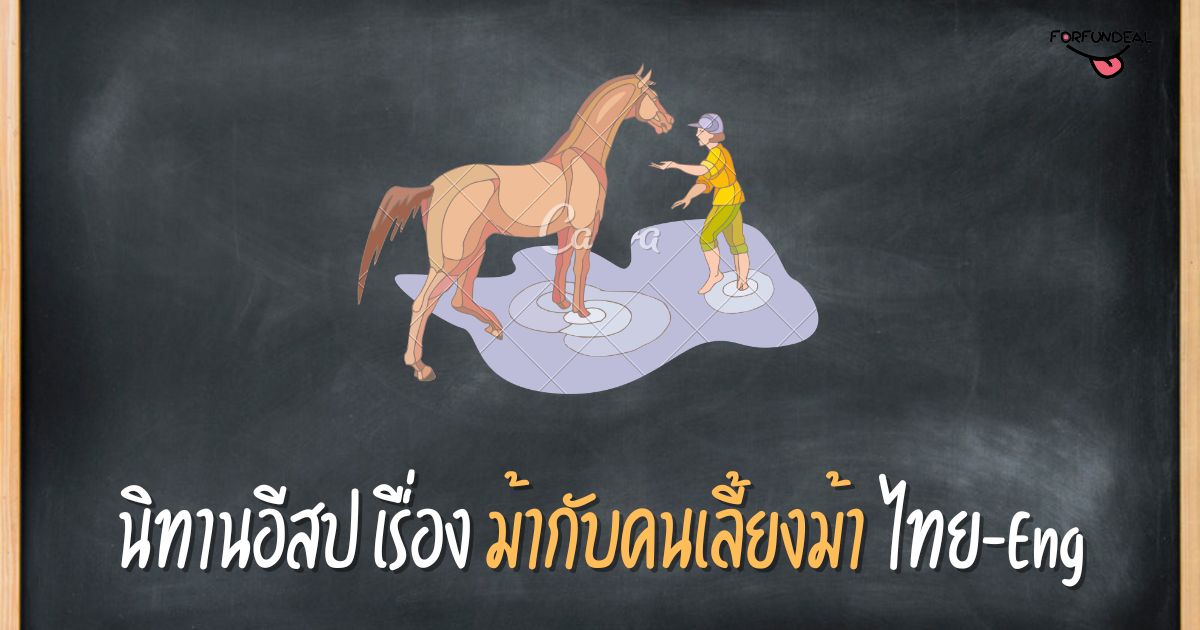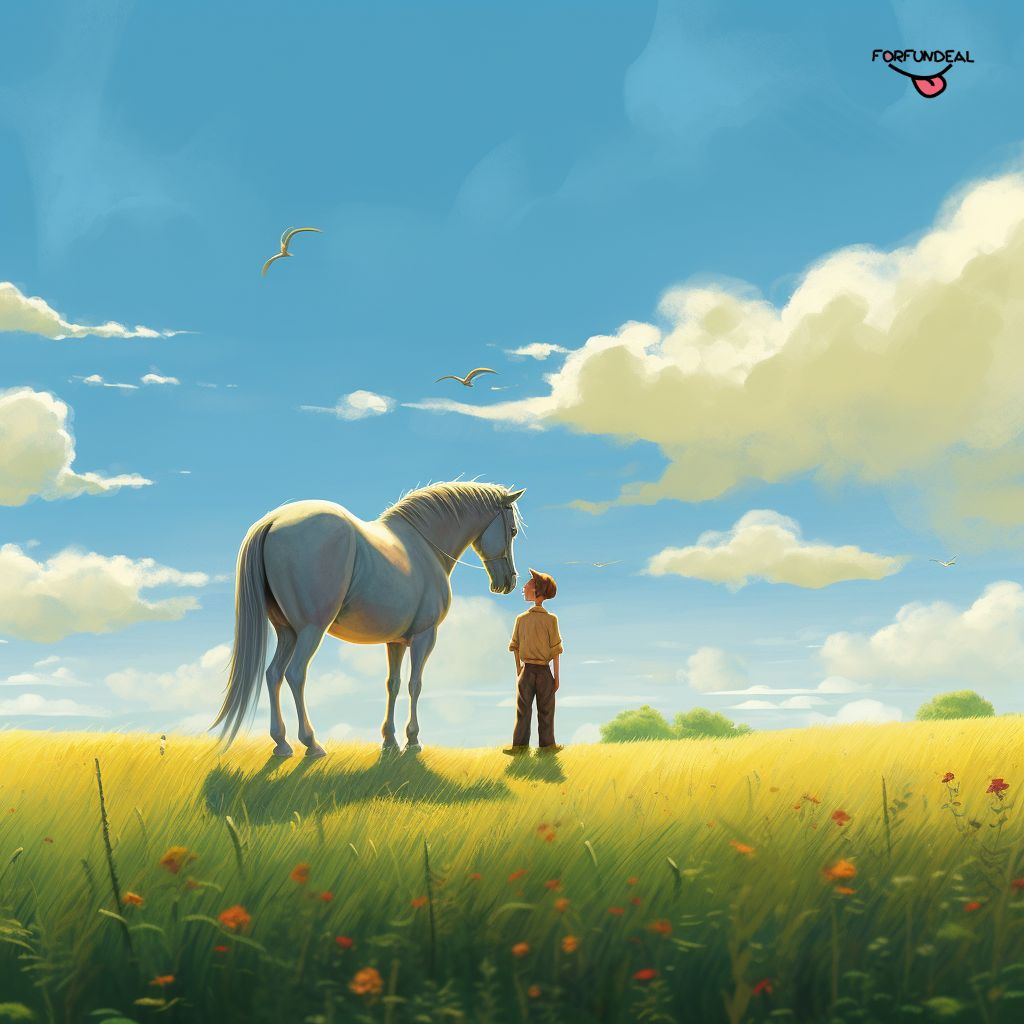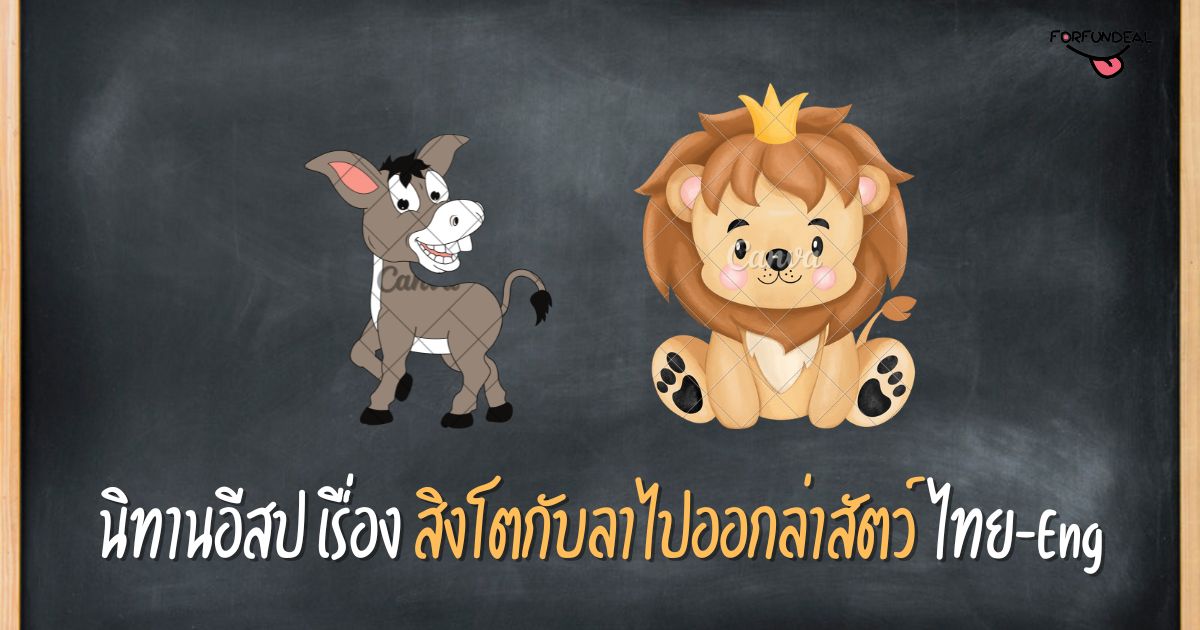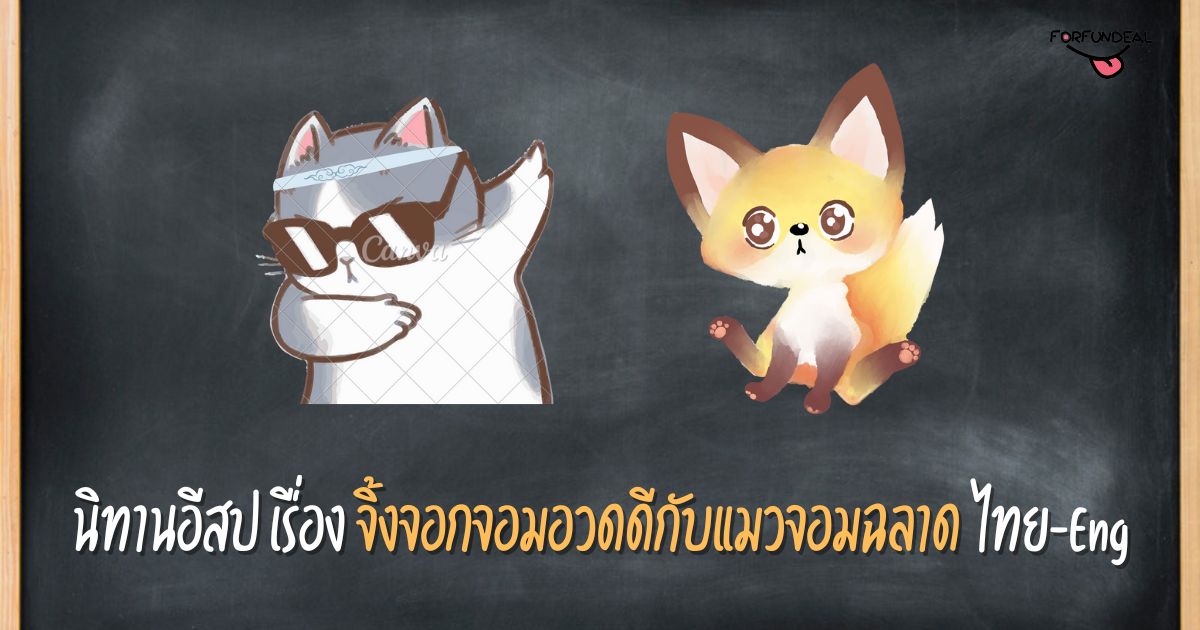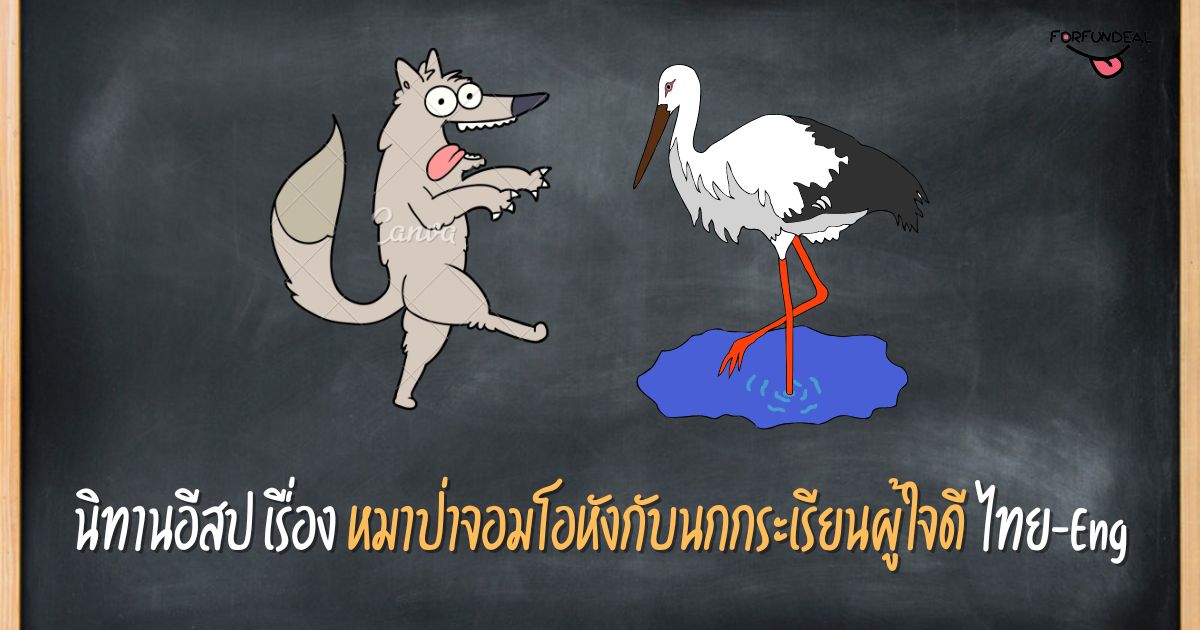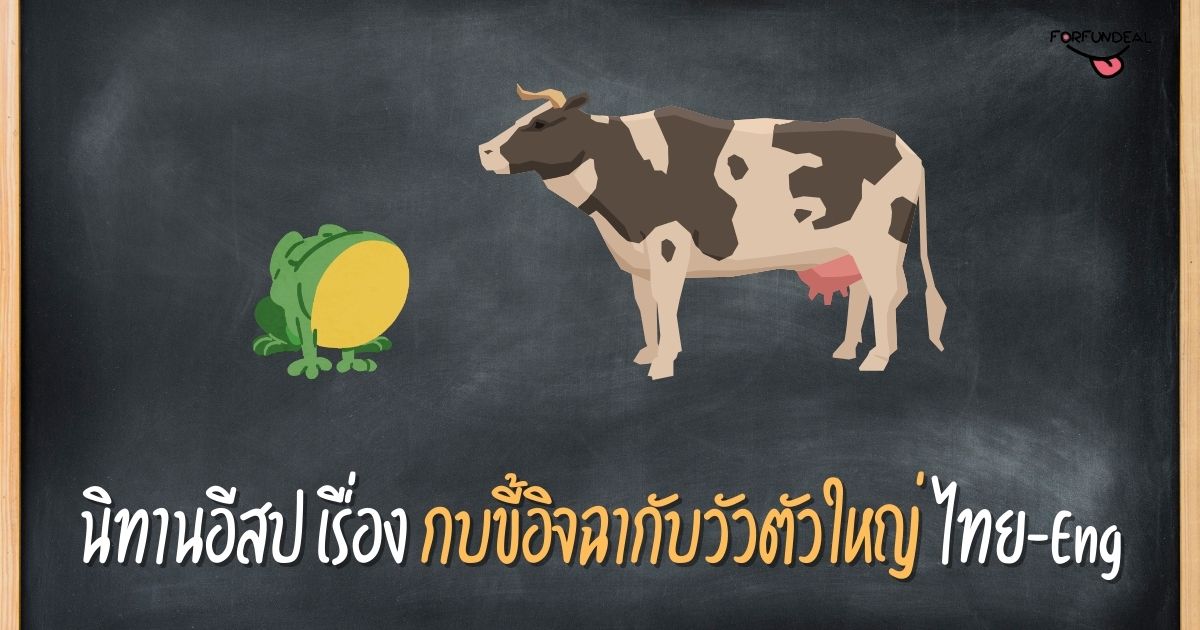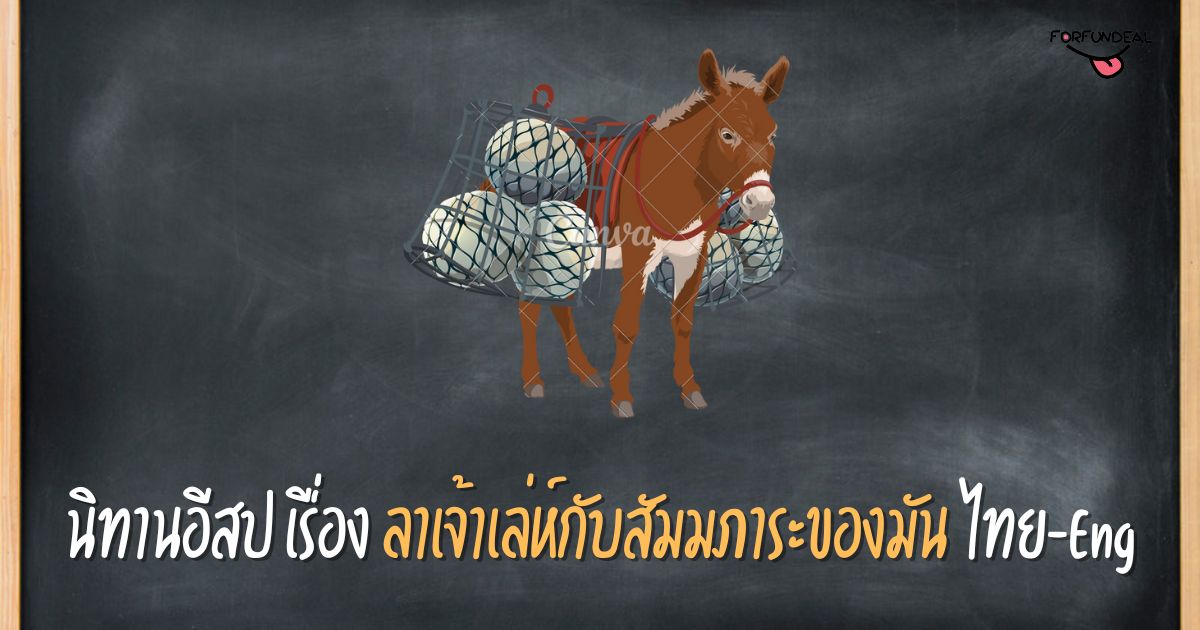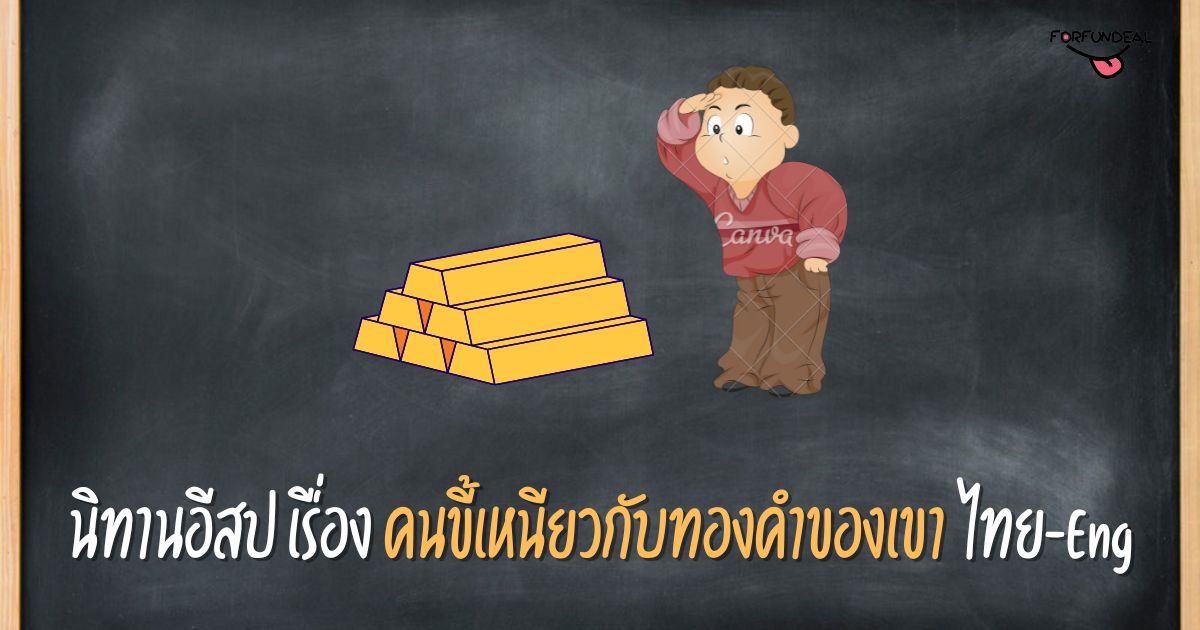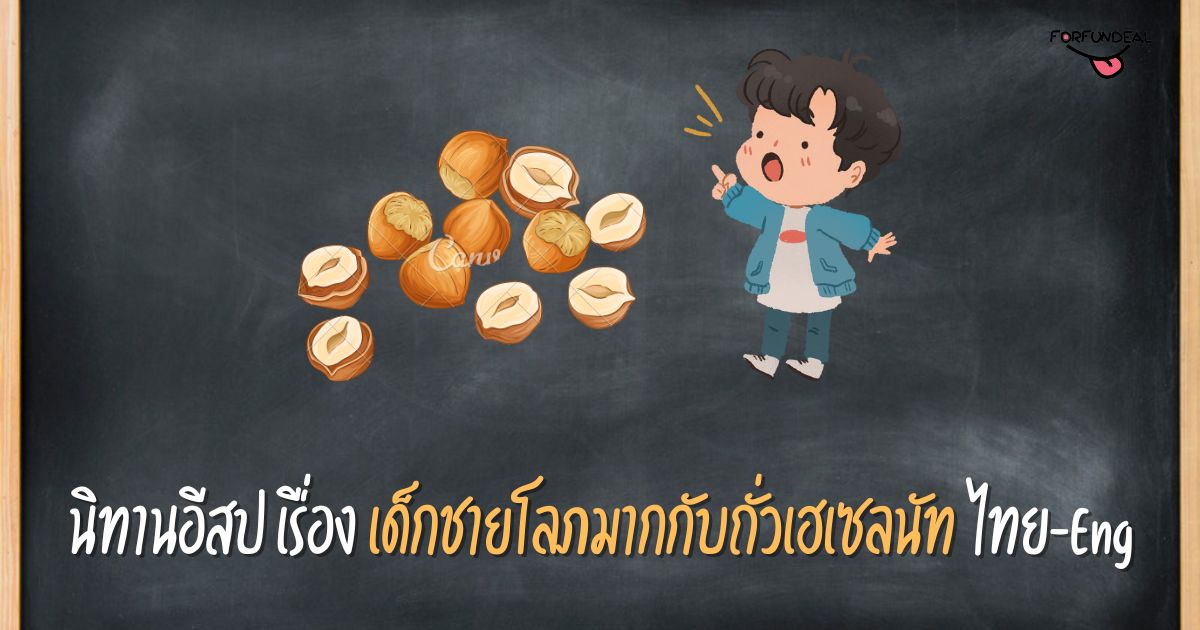“จิ้งจอกแสนฉลาดกับลิงแสนซน” นิทานอีสปเรื่องนี้สอนให้รู้คุณค่าในแต่ละบุคคล เราทุกคนเกิดมาล้วนแตกต่างกัน ความชอบ ความถนัด ด้วยเช่นกัน เรารู้จักตัวเอง และรักในตัวตนเป็นสิ่งที่ดีที่สุด
นิทานอีสปเรื่องจิ้งจอกแสนฉลาดกับลิงแสนซน
กาลครั้งหนึ่งนานมาแล้ว สุนัขจิ้งจอกแสนฉลาดกับลิงแสนซนเดินทางด้วยกันในป่า พวกมันเจอฟาร์ม และชาวนาทิ้งตะกร้าผลไม้ที่เก็บมาสดๆ สุนัขจิ้งจอกวางแผนการ เพราะอยากได้ผลไม้ มันกับลิงว่า “มาแกล้งก่อก่วน และเล่นกลให้ชาวนากันเถอะ”
Once upon a time, a clever fox and a mischievous monkey were traveling together through the forest. They came across a farm where the farmer had left a basket of freshly picked fruits. The fox, being cunning, devised a plan to get the fruits. He said to the monkey, “Let’s pretend to be friends and perform a trick for the farmer.”
ลิงตัวนั้นอยากร่วมก่อกวนด้วยจึงตอบตกลง พวกมันเข้าไปหาชาวนา สุนัขจิ้งจอกก็พูดว่า “เราเป็นนักแสดงที่มีพรสวรรค์ ถ้าคุณให้ผลไม้จากตระกร้าของคุณแก่เรา เราจะให้ความบันเทิงแก่คุณด้วยทักษะของเรา” ชาวนารู้สึกขบขันกับความคิดนี้ จึงส่งผลไม้สองสามอย่างให้พวกมัน
The monkey, eager to join in the mischief, agreed. They approached the farmer, and the fox said, “We are talented performers. If you give us some fruits from your basket, we will entertain you with our skills.” The farmer, amused by the idea, handed them a few fruits.
สุนัขจิ้งจอกที่มีการเคลื่อนไหวว่องไวกระโดดโลดเต้นไปทั่วฟาร์ม สร้างความประทับใจให้กับชาวนา ในขณะเดียวกัน ลิงพยายามเลียนแบบการกระทำของสุนัขจิ้งจอก แต่สุดท้ายก็เลียนแบบมันอย่างเงอะงะ ชาวนาไม่ประทับใจกับการแสดงของลิง และไม่ให้ผลไม้แก่มันอีก
The fox, with his agile movements, leaped and danced around the farm, impressing the farmer. Meanwhile, the monkey tried to mimic the fox’s actions but ended up clumsily imitating him. The farmer, unimpressed by the monkey’s performance, didn’t give him any more fruits.
ด้วยความผิดหวัง ลิงจึงหันไปหาสุนัขจิ้งจอกและพูดว่า “ทำไมชาวนาจึงให้ผลไม้แก่เจ้ามากกว่านี้ ไม่ใช่ข้า ข้าพยายามอย่างเต็มที่แล้ว!” สุนัขจิ้งจอกตอบด้วยรอยยิ้มเจ้าเล่ห์ “เพื่อนเอ๋ย เป็นเพราะข้าแสดงด้วยความสง่างามและทักษะ เจ้าแค่ลอกเลียนแบบการกระทำของข้าโดยไม่ได้แต่งเติมอะไรพิเศษเลย”
Disappointed, the monkey turned to the fox and said, “Why did the farmer give you more fruits and not me? I tried my best!” The fox replied with a sly smile, “My friend, it’s because I performed with grace and skill. You merely copied my actions without adding anything unique.”

นิทานเรื่องนี้สอนให้รู้ว่า
“ความพยายามและความคิดริเริ่มที่แท้จริงมีคุณค่ามากกว่าการเลียนแบบ”
- ความสามารถและเอกลักษณ์เฉพาะตัว เรื่องราวเน้นย้ำถึงความสำคัญของการตระหนักและปลูกฝังความสามารถและเอกลักษณ์เฉพาะตัวของเรา ความคล่องแคล่วว่องไวและทักษะในการแสดงของสุนัขจิ้งจอกสร้างความประทับใจให้กับเกษตรกร ในขณะที่ลิงเลียนแบบขาดความคิดริเริ่ม มันสอนเราว่าการยอมรับความสามารถและคุณสมบัติของเราเองทำให้เราแตกต่างและได้รับการยอมรับ
- การทำงานหนักและความทุ่มเท ผลงานที่น่าประทับใจของสุนัขจิ้งจอกเป็นผลมาจากการทำงานหนักและความทุ่มเทของเขา เขาฝึกฝนทักษะของเขาและพยายามทำให้การเคลื่อนไหวของเขาสมบูรณ์แบบ เรื่องราวนี้กระตุ้นให้เราทำงานอย่างขยันขันแข็งและมุ่งมั่นสู่ความเป็นเลิศในทุกสิ่งที่เราทำ เพราะการอุทิศตนและการฝึกฝนทำให้เราโดดเด่นได้
- ซื่อสัตย์ต่อตนเอง ความพยายามของลิงที่จะเลียนแบบการกระทำของสุนัขจิ้งจอกโดยไม่เพิ่มสิ่งใดเป็นพิเศษเน้นให้เห็นถึงความสำคัญของการซื่อสัตย์ต่อตนเอง แทนที่จะเลียนแบบผู้อื่น เราควรยอมรับจุดแข็งและพรสวรรค์ของเราเอง การคงความเป็นตัวตนที่แท้จริงและการแสดงความสามารถที่แท้จริงของเรา เรามีแนวโน้มที่จะประสบความสำเร็จและได้รับการยอมรับมากขึ้น
- คุณค่าของความคิดสร้างสรรค์ ความสามารถของสุนัขจิ้งจอกในการเพิ่มความสง่างามและความคิดสร้างสรรค์ให้กับการแสดงของเขาทำให้เขาแตกต่างจากลิง นิทานเรื่องนี้สอนเราว่าความคิดสร้างสรรค์และนวัตกรรมเป็นคุณสมบัติที่มีคุณค่าที่สามารถดึงดูดความสนใจและความชื่นชมได้ มันกระตุ้นให้เราคิดนอกกรอบและนำความคิดและมุมมองที่เป็นเอกลักษณ์ของเราไปใช้ในทุกสิ่งที่เราทำ
“True effort and originality are valued more than mere imitation.”
- Embracing one’s own strengths: The story teaches us the importance of embracing and appreciating our own unique strengths and abilities. Each individual possesses their own talents and skills, and it is essential to recognize and focus on what we excel at rather than being envious of others.
- Beware of false appearances: The fox cleverly deceived the monkey with its fake color-changing trick, leading the monkey to feel inadequate and attempt something beyond its capabilities. It serves as a reminder to be cautious of false appearances and not to be swayed by superficial tricks or comparisons.
- Acceptance and self-contentment: The monkey’s envy stemmed from a desire to possess a skill it didn’t naturally have. The story encourages us to accept ourselves as we are and find contentment in our own abilities, rather than seeking validation or trying to imitate others.
- The dangers of envy and pride: Envy can cloud our judgment and lead us to make foolish decisions, just as the monkey’s envy led to its fall from the tree. It warns us about the negative consequences of allowing envy and pride to control our actions.
- Friendship based on honesty and trust: The fox’s deceptive behavior highlights the importance of honesty and trust in friendships. True friendship is built on mutual respect and genuine interactions, rather than deceit and manipulation.
โดยสรุปแล้วนิทานเรื่องนี้สอนเราเกี่ยวกับความสำคัญของการตระหนักและเปิดรับความสามารถเฉพาะตัวของเรา คุณค่าของการทำงานหนักและการอุทิศตน ความสำคัญของการซื่อสัตย์ต่อตนเอง และพลังแห่งการสร้างสรรค์ สิ่งนี้เตือนให้เราฝึกฝนความสามารถเฉพาะตัวและนำสิ่งที่พิเศษมาสู่ความพยายามของเรา แทนที่จะเลียนแบบผู้อื่น

